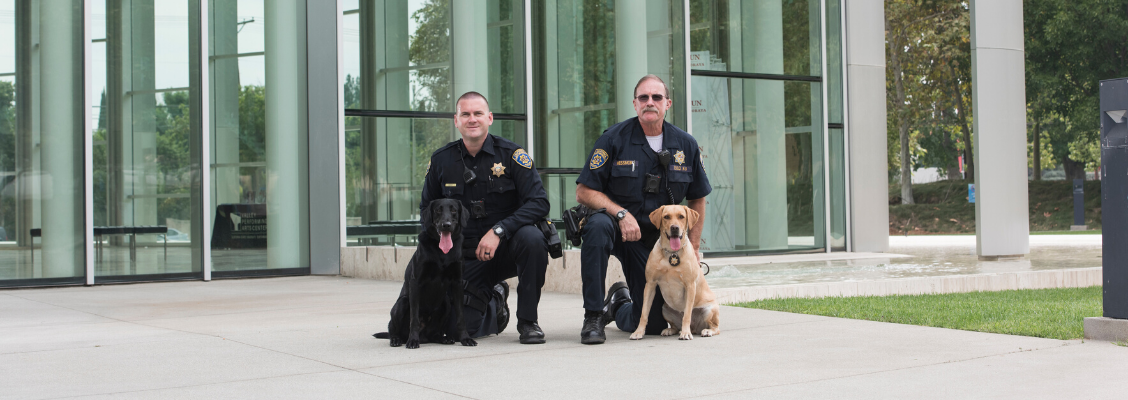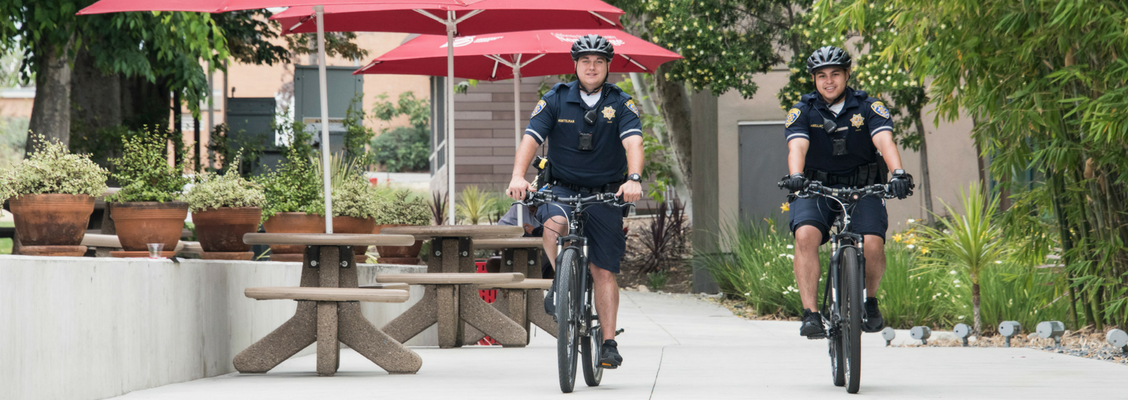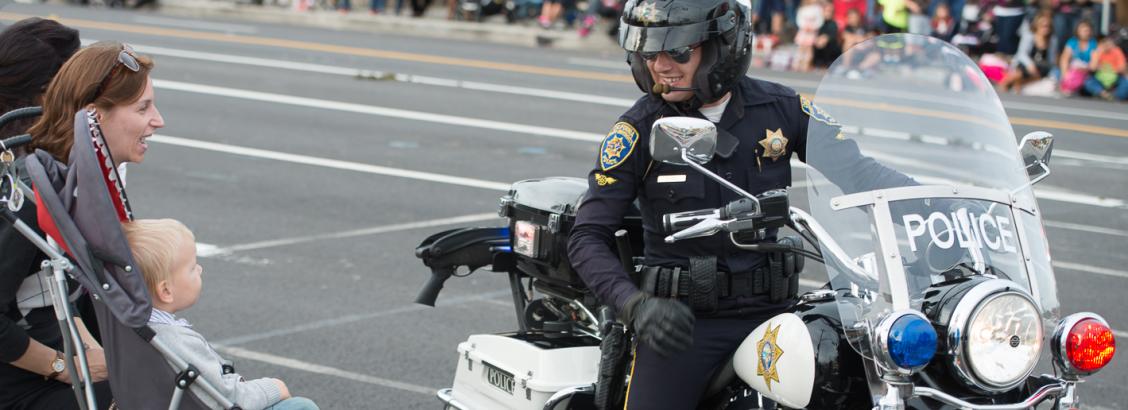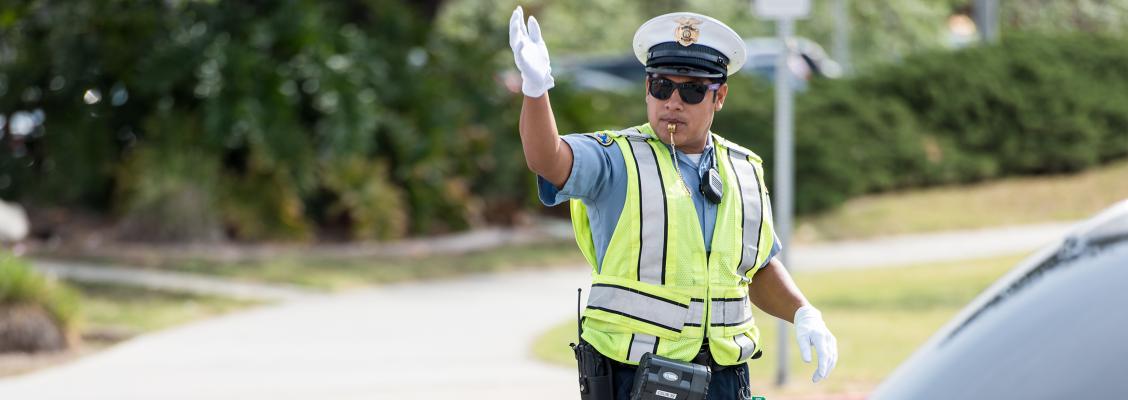What is a Hate Crime?
Free Speech or Hate Crime?
Prosecuting Hate Crimes
Victim Assistance
Reporting a Hate Crime — Contact Us
Where to Find Help
What is a Hate Crime?
California law defines a hate crime as a criminal act or credible threat of violence against a person or group of people in which the victims are targeted because of their actual or perceived race, color, religion, ancestry, national origin, sexual orientation, gender or disability. Hate crimes cause victims and the targeted community to live in fear and tend to undermine the foundations of equal justice in our society. To charge an offender with a hate crime under California law, there must be evidence that bias, hatred or prejudice was a substantial factor in the commission of the crime.
The following acts are examples of hate crimes under California law if the victim fits one of the legally protected categories:
- Targeting a victim for any crime, including property crimes such as burglary or vandalism, because of his/her race, color, religion, ancestry, national origin, sexual orientation, gender or disability
- Using force or threatening to use force to injure, intimidate or interfere with a person’s exercise of constitutionally guaranteed rights and freedoms such as attending church or school, voting, moving freely in public places or being secure in one’s home
- Defacing or damaging property to intimidate or interfere with a person’s exercise of constitutionally guaranteed rights and freedoms
- Desecrating a religious symbol or displaying a swastika on another person’s property with the intent to terrorize
- Vandalizing, burning or bombing a church, synagogue, mosque or other house of worship with the intent to terrorize
- Hanging a noose on another person’s property, knowing it to be a symbol representing a threat to life and for the purpose of terrorizing the owner of the property including schools, parks and places of employment
Free Speech or Hate Crime?
In our society, we sometimes encounter hateful words and behavior in the form of racial or ethnic slurs, religious insults or anti-gay messages posted on the Internet, shouted out at political rallies or spoken in anger during a confrontation on the street, such as a road-rage dispute. But such slurs, insults or hateful statements alone are not hate crimes.
Free speech is protected by the First Amendment of the United States Constitution, even when it may contain hateful or inflammatory ideas. So, while it may hurt and frighten people and communities, it is not a crime to speak or write words that advocate hate and bigotry. However, speech that includes a credible threat of violence against an individual or group is a crime.
Hate incidents are hate-motivated words or actions that do not rise to the level of a crime but are still offensive because the targeted person may feel victimized.
Prosecuting Hate Crimes
California has a number of laws that specifically apply to hate crimes. These offenses may be prosecuted either as misdemeanors or felonies depending on the severity of the act. Some crimes that are typically prosecuted as misdemeanors can be elevated to felonies if they are hate-motivated. Convictions for felony crimes where hate was a substantial motivating factor can carry penalty provisions that add one to four years to the standard state prison sentence.
Victim's Assistance
The District Attorney’s Victim-Witness Assistance Program is available in courthouses and police stations throughout the county to assist crime victims who suffered injury or were threatened with injury. Victim services representatives provide assistance and resources to victims to help keep them safe and counseling referrals to address the trauma of hate crime victimization.
In addition to helping victims obtain restitution, victim services representatives provide crisis-intervention services and necessary referrals to crime victims and their families; assist in requesting protective orders; guide crime victims through the court process; help arrange emergency shelter, food and clothing; and assist in filing for compensation through the California Victim Compensation Program. Victims of violence or threats of violence with police reports on file may be eligible to receive compensation for qualifying losses and expenses related to the crime such as loss of wages and relocation, medical and counseling expenses. Staff members are available to assist victims in several languages.
Reporting a Hate Crime
If you are a victim of, or a witness to, a hate crime, it is important that you report the crime to law enforcement immediately. If this is an EMERGENCY call 911. If the incident occurred on campus, you can contact university police. <LINK TO Contact Us (6.)>
Where to Find Help
Los Angeles County Commission on Human Relations
213- 738-2788
Los Angeles City Human Relations Commission
213- 978-1660
U.S. Department of Justice Community Relations Service
213-894-2941
Anti-Defamation League
310-446-8000
Asian Pacific American Legal Center
213-977-7500
Coalition for Humane Immigrant Rights of Los Angeles
213-353-1333
L.A. Gay and Lesbian Center
1-800-373-2227
Muslim Public Affairs Council Hate Crime Prevention Hotline
1-800-898-3558
National Association for the Advancement of Colored People (NAACP)
310-397-1171
Simon Wiesenthal Center’s Tools for Tolerance
310-553-9036
South Asian Network
1-800-281-8111 or 562-403-0488
Southern Christian Leadership Conference and the Martin Luther King Legacy Association
323-290-4100
Back to top







